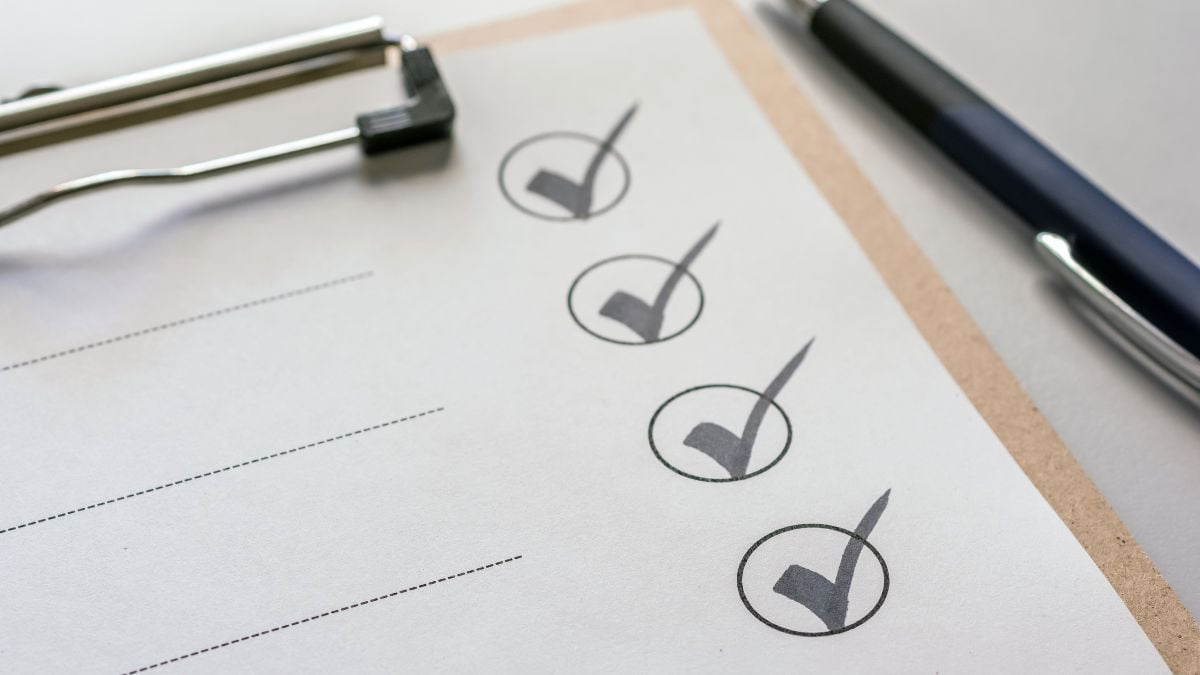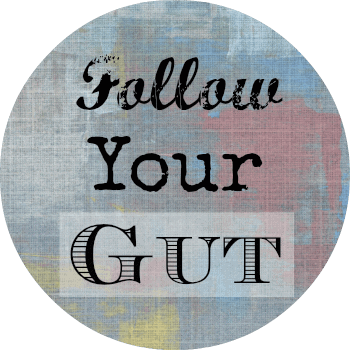
The Next Round: What happens after you change your drinking?

One of my biggest discoveries when I stopped drinking heavily, was that I found my gut instinct. Until that point, I’d never really understood what that meant, or what it was supposed to feel like. And to be honest, the idea that you could tune into your intuition and use it effectively…. Sounded like hot air.
When I discovered it, it was like suddenly finding out you have a magic power. One I could trust, and one which the more I trusted, the more my self esteem grew. Stopping drinking allowed me to finally tap into that, and sure, I still get things wrong. But being able to be in tune with myself is one of the best things about cutting down on alcohol. It’s also one of the reasons I am less quick to go back to it, as I wouldn’t want to lose my magic power again.
But, what is your gut instinct? It’s basically an instinctive feeling, one which isn’t based on idea or fact. And how do I know it’s happening?
Learning to tune into the physical responses happening in your body, will give you an idea of the direction you should go in. The expression gut feeling comes from, wait for it, a sensation in your gut. Mind blown. When we instinctively feel threatened, we get a sinking feeling in our stomach, or our skin will prickle, and you’ll feel uncomfortable even when your rational voice tells you otherwise.
But do be aware, that there is a difference between intuition and fear… Intuition tends to point out something wrong, as opposed to fearfully pulling away, with the gut sensation acting as a sign for you to approach with caution, and not so much run away in the other direction (but, if there is a reason to run, run like the wind). Psychologists believe that we have an inbuilt ability to pick up on danger, even before our cognitive brain has fully processed the information. But unless you’re paying close attention to your instant physical responses, it’s easy not to spot the signals.
Ever heard of instrumental conditioning? Neither had I until writing this blog. But it’s basically the learning process in which behavior is sensitive to, or controlled by its consequences. So, you remember being a kid learning to open the biscuit tin that contained biscuits? Or how not to touch the stove because it hurt. Or that you can definitely not fly off the couch, because humans aren’t built that way?
Our brain responds to subconscious cues, your instinct recognises a familiar situation and suggests an instant response before you’ve had time to process any rational thought. If your decision is based on deep-rooted subconscious triggers, you’re more likely to feel committed to it, which, in turn, may give it a more positive outcome.
Don’t just brush off your initial response to a situation, and prioritise logical or evidence based- thinking. It is important to understand why and give the reaction some credit, not just considering it as a worthless thought. In turn, this is giving yourself some credit too. By focusing on what your intuition rather than the logical mind (for example ‘This person seems a bit weird,’ rather than they haven’t actually done anything; I’m probably over-reacting’) you may pick up on important warnings that you’d otherwise dismiss.
Feelings of inexplicable discomfort, a desire to over-compensate, to make up for negative feelings, or a sense that something is simply not quite right, should all be given some importance to be examined and understood. The feelings may turn out to be simple shyness or nerves, but you won’t know unless you give them space.
Having said this, challenge your instinct. How often is it just fear or the memory of a previously difficult situation? Test yourself on those closest to you, friends and family, as people with your best interests at heart can help you identify the true feeling behind the fear.
Remember this: true gut instinct feels informed, like your inner voice is speaking a truth you already know. Often, people are happier with a choice they can’t rationally explain than one they could have.
If you’re still unsure whether it’s intuition, pick up on your mood. A positive outlook is more likely to make you more sensitive to your true feelings, much like removing the haze of alcohol put me in touch with mine. Because I was happier, my instinct was more intuitive and became more spot on.
Join Club Soda for 10% off your first order of drinks for UK delivery. Plus get our latest news and special offers for members to choose better drinks, change your drinking and connect with others.
If you get an error message with this form, you can also sign up at eepurl.com/dl5hPn